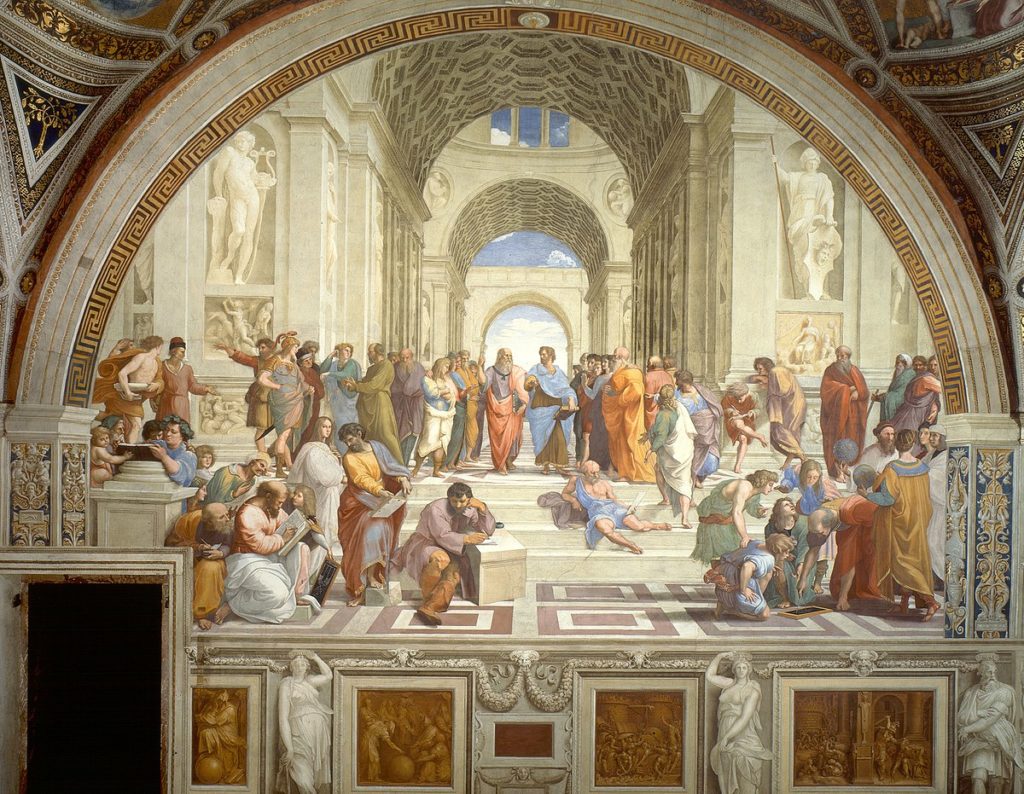19 February 2020
Workshop March 20, 2020, Institute for Literary Studies, Budapest.

The Institute for Literary Studies, RCH together with the Long Reformation in Eastern Europe (1500–1800) Research Group organizes the junior edition of its annual workshop (The Mandate of the Interpretation) dedicated to historiography and methodology. It is our conviction that this types of scholarly events help doctoral candidates develop a genuine sense of criticism and a better understanding of the discipline they have chosen to assimilate and master. With a declared intention to support young scholars, the organizers of the event seek to establish a long lasting and mutually beneficial dialogue between the senior and junior representatives of the scholarship. The chosen theme for this workshop, mediation and mediators, appears to confirm these intentions and expectations.
Owing to the different turns taking place in cultural studies in recent decades (linguistic turn, postcolonial turn, translational turn, etc.), the transmission between cultures, and its research methods have continually been reinterpreted. The essentialist view of culture came under scrutiny, with greater emphasis being placed on culture as transfer, i.e. on the examination of entities lacking definite boundaries, and on the exploration of the transitions, interactions, conflicts, ruptures and contact zones between them.
The workshop aims to discuss the notion of cultural transfer and its research possibilities in the context of 16th–18th-century Europe, focusing primarily on the applicability of the methodological framework of cultural studies, while also considering the subtler interpretation of culture itself.
This event is part of the agenda of the research project titled Long Reformation in Royal Hungary and Transylvania I.: Confessionalism and the Emerging Literary Cultures of the Early Modern Era (1500‒1800).
On behalf of the organizers,
Dr. Móré Tünde
Dr. Zsombor Tóth